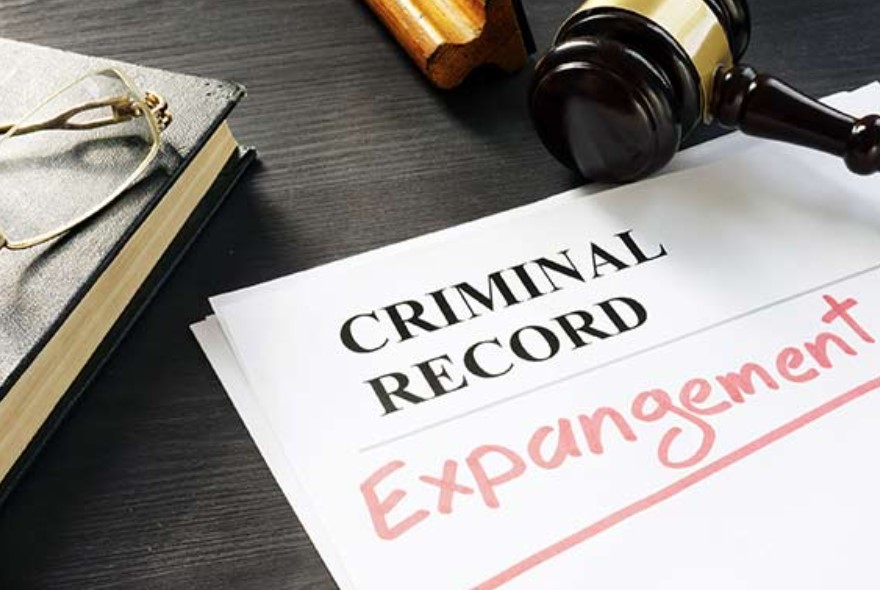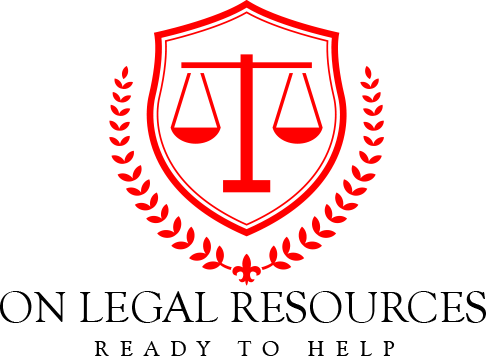Expunging a Los Angeles County Criminal Record
April 27, 2023
A Los Angeles County Criminal Record is a document containing information about a crime committed by a person within the jurisdiction of the county. It can be obtained by law enforcement agencies and trial courts.
Under California state laws, only certain individuals are permitted to access this information. These include prosecutors, District Attorneys, correctional officers and probation and parole officers.
Expungement
Having a criminal record can be a major detriment to your life and the lives of those you care about. It can prevent you from getting a job, housing, or even credit if you have a blemish on your record.
One way to deal with this is to expunge your criminal record. This can be done with a motion in a California state court.
An attorney will help you determine if you are eligible for expungement and prepare all of the necessary paperwork. They will also file the petition with the appropriate court.
In some cases, a hearing will be required to assess the petition. If the judge approves the petition, your criminal conviction will be wiped from your record and you will no longer have to worry about it appearing on background checks.
Sealing an Arrest Record
If you were arrested for a crime and did not get a conviction, you may be eligible to have your arrest record sealed. This can be a great way to protect yourself from job seekers and apartment renters who are able to run a background check on you without realizing that your arrest did not result in a conviction.
The process to seal an arrest record is highly detailed, which is why it is important to work with a qualified attorney who understands the law and knows how to handle this case. It can take between six and twelve months to complete the record sealing process, depending on the complexity of your case.
California has recently passed a new law that automatically seals most misdemeanor records and almost all felony records of people who have been out of trouble for four years. However, you may still have to petition for a record seal for serious or violent felonies, sex offenders, and other types of crimes.
Getting Help Expunging Your Record
Getting help with expunging your record can be an important step to moving forward in life. If you have a past conviction that negatively impacts your ability to find employment, obtain loans, rent housing, and earn an income, having it removed from your record can make it easier to get back on track.
In California, there are several offenses that can be expunged from your criminal record. These include certain misdemeanors and felony convictions, as well as DUI convictions.
Once you have been granted expungement, all records pertaining to your case are removed from your file and are no longer accessible by the public. This includes police departments, sheriff’s offices, incarceration facilities like jails and prisons, probation and parole officers, and other organizations that have been involved in the case.
If you have a felony conviction on your record, you may want to first try to have the felony reduced to a misdemeanor before you have it expunged. This will prevent your expunged felony conviction from showing up on standard background checks and other searches that are used by employers.
Getting Help Expunging a Conviction
Getting help with expunging a conviction is an important step in regaining your freedom. It removes a criminal record from the public domain, clearing it so that you can apply for jobs without having to say that you were convicted.
To start the expungement process, you must hire a lawyer to prepare the necessary paperwork. Your attorney will then file it with a California state court, where a judge will assess your petition for expungement.
Our Los Angeles County criminal defense lawyers are experienced with expungements and will work hard to get your conviction dismissed. Call Michael Kraut at the Kraut Law Group today for a free consultation!
Most felonies can be expunged. However, it is important to know that some crimes are referred to as “wobblers.” These crimes can be charged as either a felony or misdemeanor and must be reduced before an expungement can be completed.
